Being the most tech-savvy member of the extended family, I'm often the first port of call for support tickets. My brother is the latest to approach with a problem regarding his Windows 10 PC and some memory trouble. The issue turned out to be a dead CMOS battery, causing settings to be lost on power loss, resulting in failed boots and borked Windows installation. We thought, "What a brilliant time to upgrade to Windows 11!" Turns out, the Intel Core i5-7600K isn't supported by Microsoft's latest OS.
The company reckons we should ditch the system and build or purchase a new one, especially since we'd need a new motherboard and RAM. I say otherwise and managed to convince my sibling to switch to Linux since all the hardware runs perfectly well enough. This system won't break world records for benchmark scoring, but it can still allow us to lose ourselves in virtual worlds for a few hours. I even tested a select few titles to see how it would fare, and the results were pleasantly surprising.
4 Grand Theft Auto V
Huge open world packed full of action
The best part about GTA V is the fact that it came out years ago on older consoles, meaning its system requirements are fairly conservative. The 7600K runs the game just fine with an equally capable GPU. Sure, we won't be cranking up all the settings, and the GPU won't be able to stretch its legs with the latest architectures from AMD and Nvidia, but you won't notice the processor dragging your gaming experience down. I didn't notice much in terms of frame drops or visible bottlenecks.
I've spent hours on GTA, and it's a game I continue to return to test new hardware and to smash some skulls, steal a police vehicle, and attempt to storm a base managed by the armed forces. Pairing up the Intel Core i5-7600K with its four cores clocked at 4.2 GHz, I'm able to enjoy some butter-smooth gameplay. It's incredible how well optimized the game is and how good it looks with mediocre levels of performance compared to the latest processors on the market.
3 X4: Foundations
Get lost in space
It's wild that we're seeing 7th-gen CPUs be added to the list of unsupported hardware for Windows 11, especially given Microsoft is effectively forcing the upgrade on its customer base. That's bad news for all involved, and there are millions of people still using Windows 10 today. Linux has stepped up with the community, looking to make it easier than ever for people to make the switch, and the 7600K would work well with most distros.
GTA V is quite the test, but it leans more on the GPU than the CPU, which is where X4: Foundations comes into play. This impressively large space trading and combat simulator has been around for a few years, too, but the developer has refined the engine and expanded the universe with a few DLCs. It can make even the AMD Ryzen 9 9950X scream under heavy loads. The 7600K performs as expected. It won't win awards for frame rates, and I had to crank down some of the settings, but it was rock solid.
The best part about X4: Foundations is that performance is likely to be poor on most PC builds, simply due to how colossal the game is.
2 Terraria
And countless other indie games
Okay, hear me out. I know Terraria is among the least-demanding games around, but it's incredibly popular, even in 2025. With Nintendo helping AAA (and AAAA) games become yet more expensive for gamers, we're going to see more game time dedicated to indie games, such as Terraria. These usually have considerably lower budgets and often focus on gameplay and style rather than high-def graphics and intensive processing.
The Intel Core i5-7600K can easily handle this game and more, making it easy to play through Factorio, Manor Lords, Necesse, Rim World, and countless other indie titles, as well as some giants such as Minecraft, World of Warcraft, and Fortnite. This is why we love repurposing older hardware here at XDA, whether it's for gaming, setting up your dream home lab, or building the necessary infrastructure to develop Skynet.
1 The Witcher 3
The quintessential RPG
Another golden hit for CD Projekt RED was The Witcher 3. This installment in the series catapulted Geralt into the spotlight with a TV adaptation and other media spin-offs. Based on some incredible novels, The Witcher series runs well on the i5-7600K, including the most demanding third game. Depending on which GPU you bring to the fight, The Witcher 3 can be adjusted accordingly. We're working with an AMD RX 570 GPU, so I'm not expecting the world.
But the system handled the game beautifully, allowing me to get fully immersed as Geralt at 1080p with settings configured to medium. That's not bad going for a PC with previous-generation hardware from almost a decade ago. It's not just The Witcher 3 either. Mass Effect 3 ran well enough (on Windows 10), as did Football Manager, Stellaris, and even Assassin's Creed Odyssey, one of my favorite games of the series. I was fairly impressed overall.
Microsoft shouldn't dictate hardware upgrades
This PC was never built primarily for gaming, and this won't change. It can technically play thousands of titles from Steam, many of which are more recently released, but it has plenty of years left before fully giving out, and software will run just fine. The only downside is the OS since Linux can't run everything made for Windows. Virtualization helps, but we're still some ways out before Linux catches up to Microsoft's OS in that department.
I get it. Microsoft wants those using Windows 11 to enjoy the best possible experience, and anything older than an 8th Gen Intel CPU won't support TPM 2.0. The Core i5 inside my brother's PC has just turned 8 years old, and it's not going to get any younger. That said, this is still a four-core CPU with plenty of grunt to handle running a modern operating system, such as Ubuntu 25.04, as well as countless games, thanks to a GPU upgrade.
There are many working PCs with CPUs that don't have integrated TPM adhering to the 2.0 specifications, and that's a huge blow to the owners who will either have to fork out for pricey hardware changes to upgrade to Windows 11 or learn a new OS by switching to Linux. Thankfully, the latter is a viable option with modern games running just fine through Proton and more software officially supported by the developers. At this point, it's safe to say Microsoft encourages a switch to the penguin.
.png)
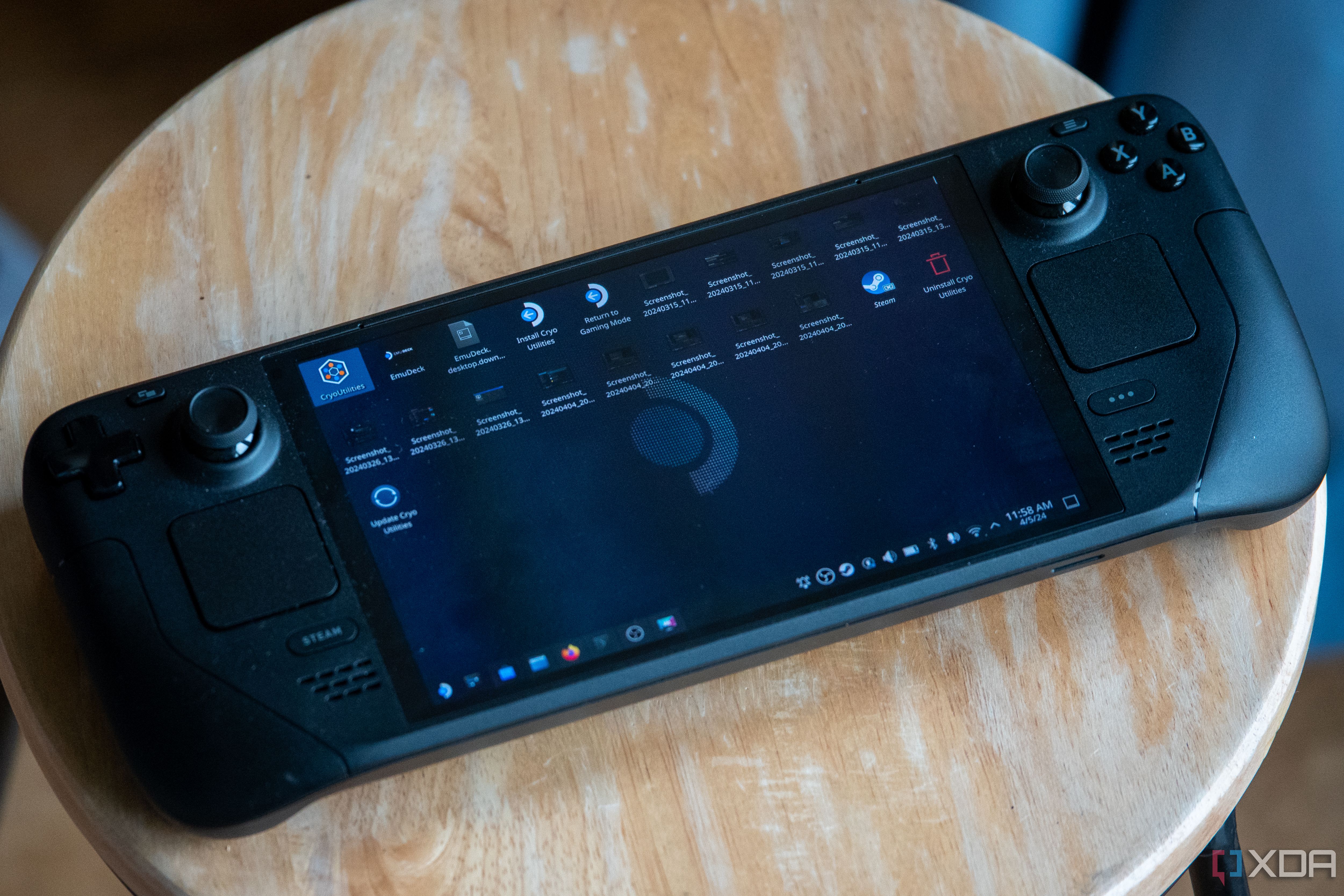
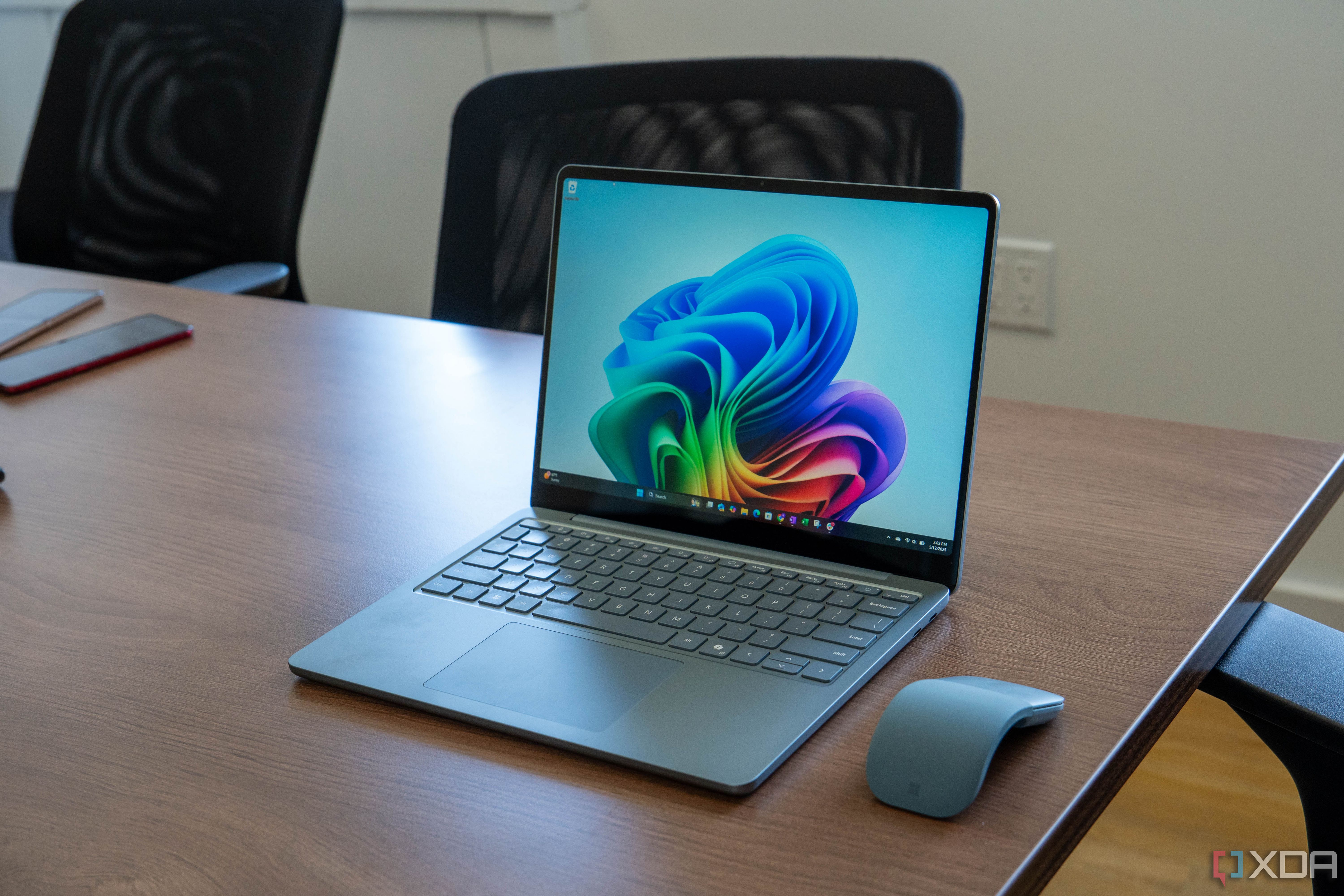
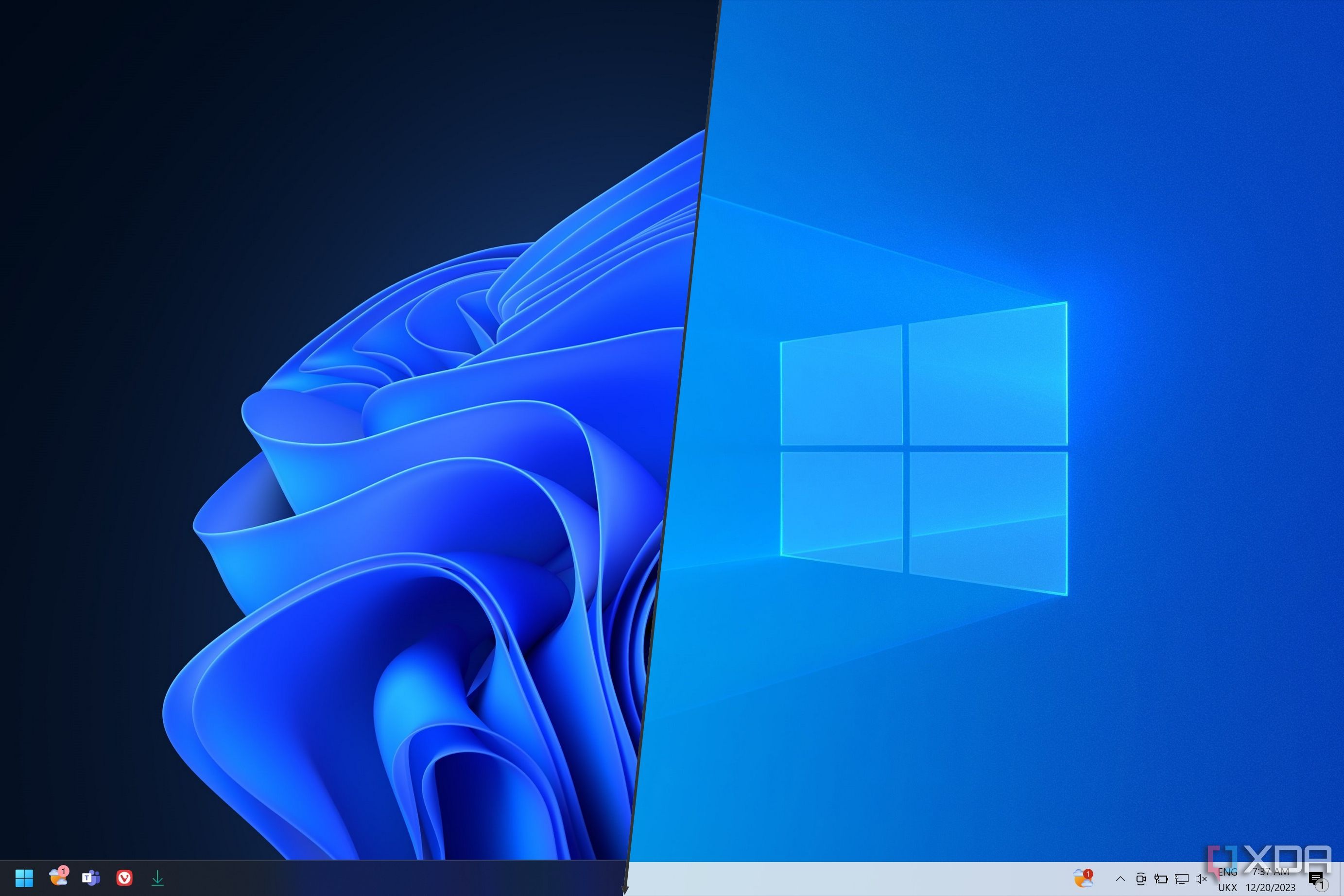
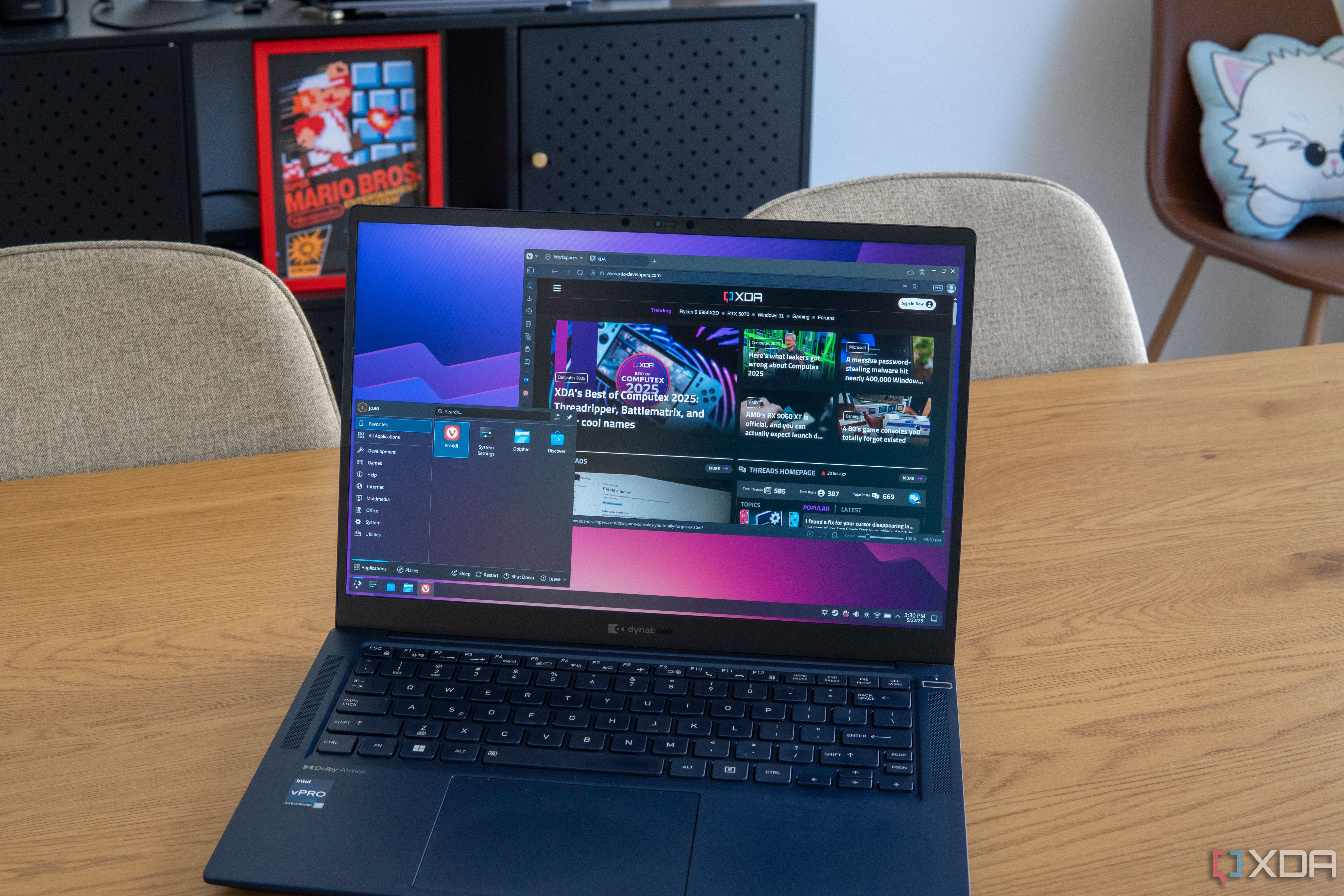

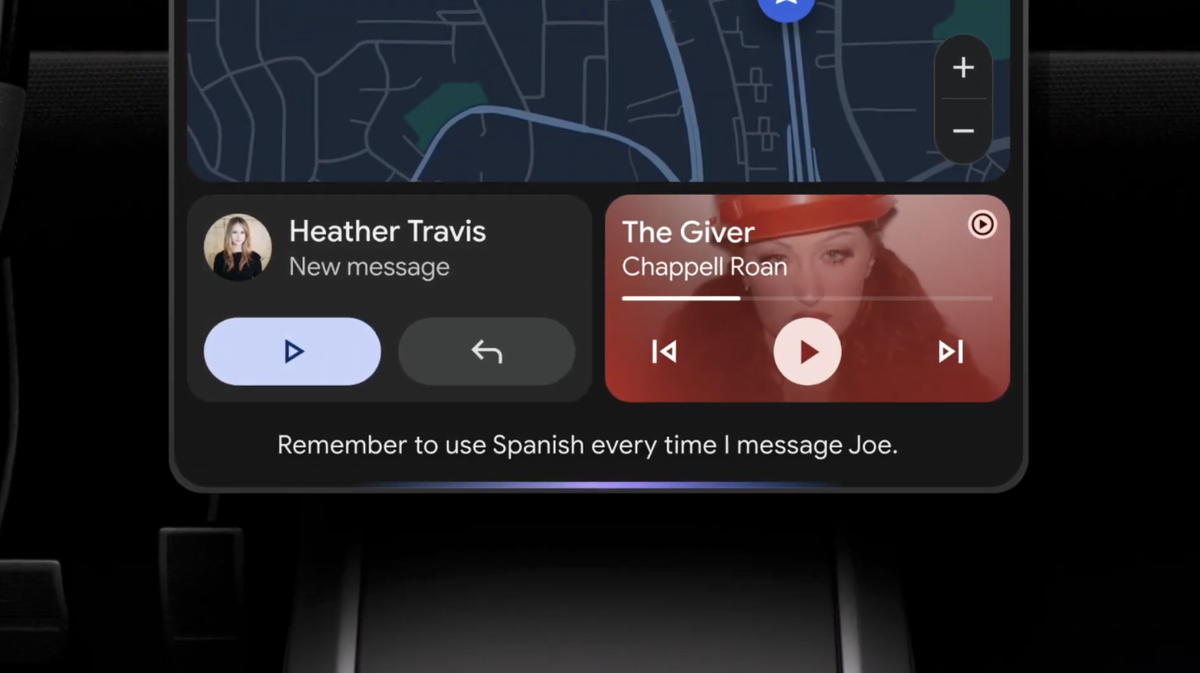



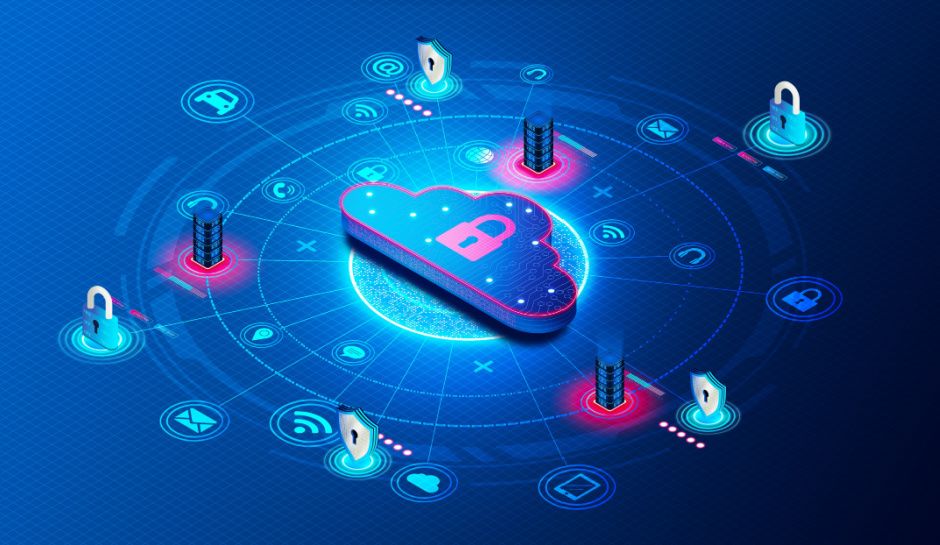





 English (US) ·
English (US) ·